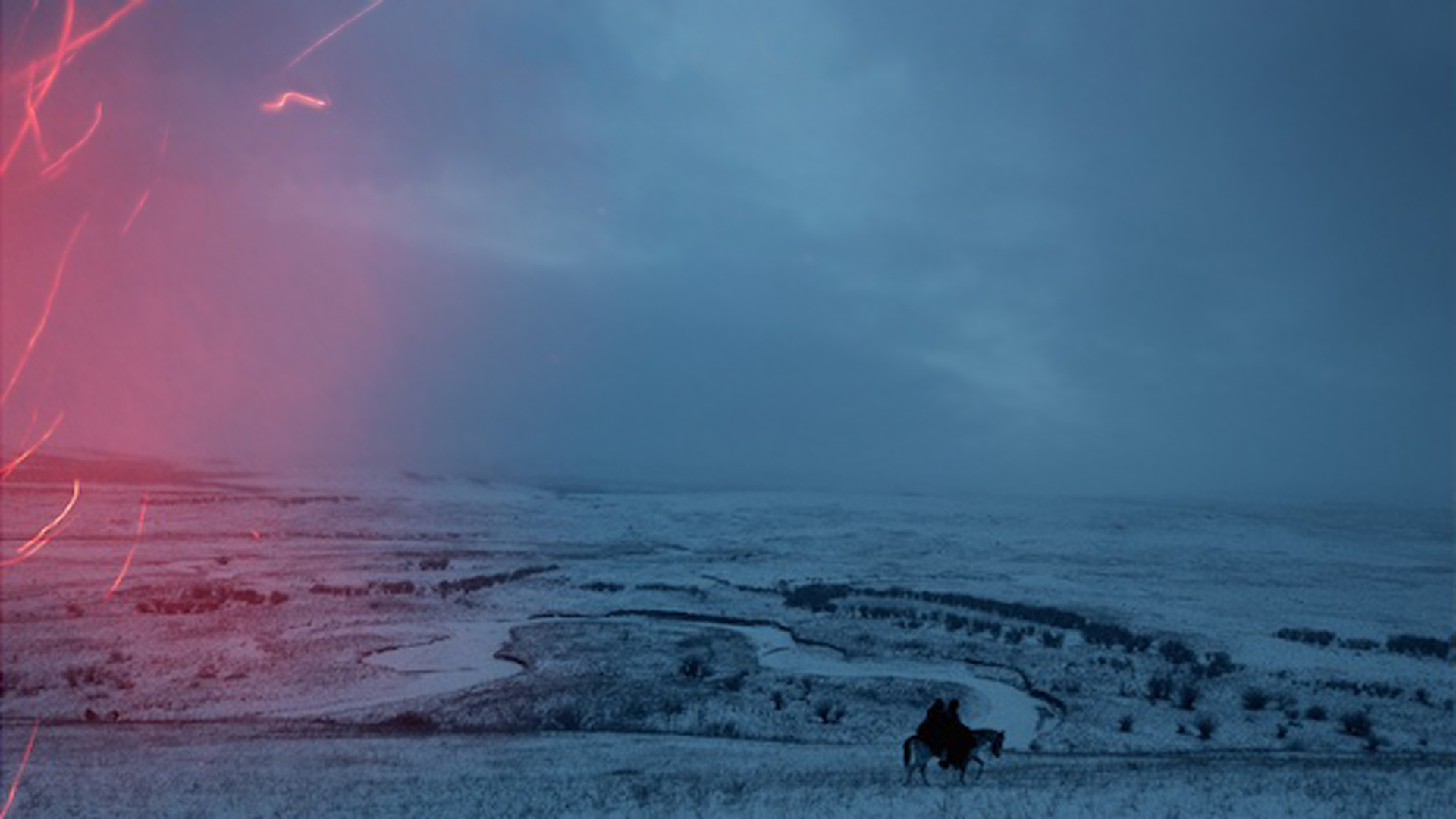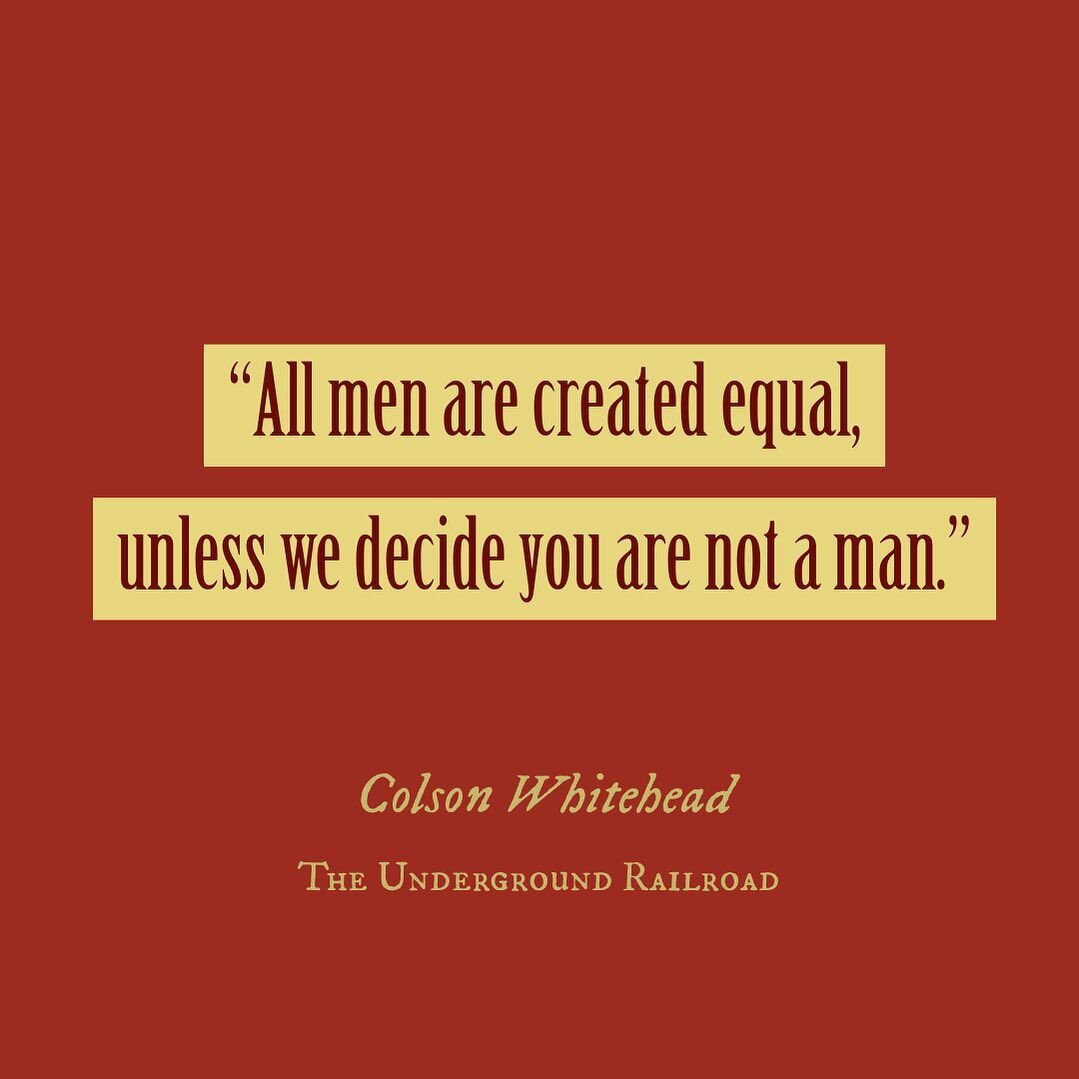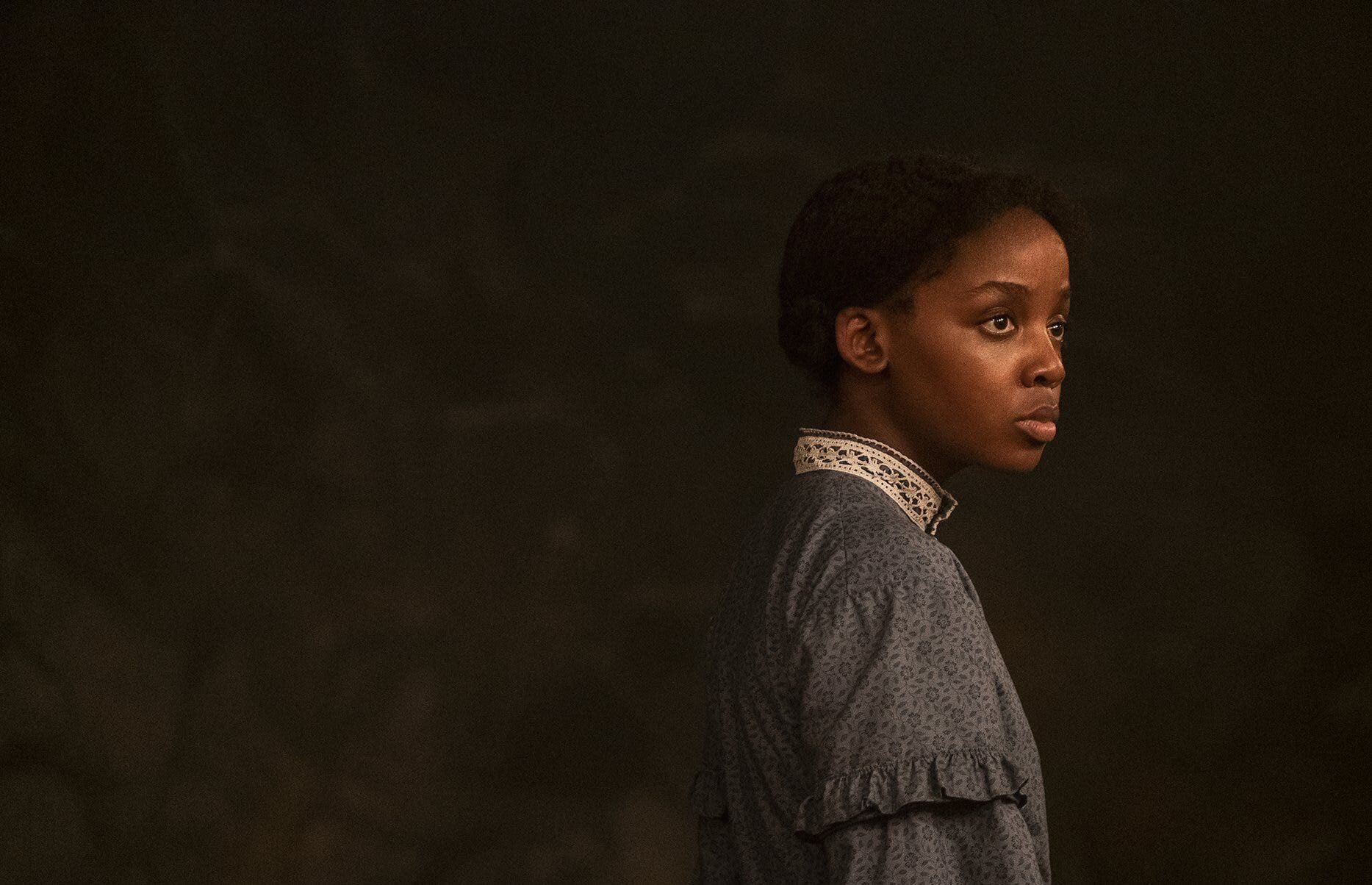
Manifest Destiny Literary Analysis Unit
Directions
You will choose one of the following books to read and analyze for its literary take on America’s Manifest Destiny. The goal of the project is to give you a deeper understanding of the time period and the fictional literature about the time period.
NOTE: You must complete the full project with detail and accuracy.
BE SURE TO READ THE BOOK! Your instructor will check for understanding, but will also scan for both plagiarism and ChatGPT — using either of these will result in getting expelled from the class.
Look below for the book options and directions for each
STEP 1 - READ
Choose from one of the following books. You will need to find your own copy (Amazon, B&N, Kindle, etc.). You may read more than one for substantial extra credit!
The Revenant by Michael Punke
The Underground Railroad by Colson Whitehead
Abraham Lincoln Vampire Hunter by Seth Graham-Smith
STEP 2 - LITERARY ANALYSIS
After you have read the book, complete a Literary analysis of the book based on the project of your choosing:
Option 1 - Main Character Interviews (any book)
Pretend that you are either a journalist or talk show host and interview TWO main characters. You must talk to the protagonist, and choose either a supporting character or the antagonist. Develop questions based on the following considerations:
What was the journey like for the protagonist? (You must discuss their beginning, middle, and end of their journey)
What challenges did they encounter along the way?
Was the protagonist ultimately successful in their journey?
How did the what are the antagonist or supporting character’s views of the protagonist’s journey?
Your interview must contain 5 QUOTES with page numbers cited parenthetically, for example, “quote, quote, quote” (82). Your creative response must be 3-4 pages in length (double spaced).
EC OPTION - You can work with 1-2 partners to dress the part of the characters and film the interview instead of write it as magazine column.
Option 2 - Revenant Newspaper Editorial
Pretend that you were a Newspaper reporter who witnessed the climactic ending of the Revenant book, and write an editorial piece that interviews Hugh Glass, John Fitzgerald, and Jim Bridger. Write a piece that reports upon the full extent of the story that each would have presented as their view of the events. Your editorial must contain 5 QUOTES with page numbers cited parenthetically, for example, “quote, quote, quote” (82). Your creative response must be 3-4 pages in length (double spaced).
Option 3 - Underground Railroad Slave Narrative
Pretend that the year is 1865. The Civil War has just ended and slavery has been officially abolished. You are Cora, and an interviewer hoping to preserve for history the memories and experiences of escaped slaves on the Underground Railroad has just approached you to get your story. Write from Cora’s perspective what her experiences were from her life in slavery, to her escape on the Underground Railroad, to her eventual life of freedom. Your narrative must contain 5 QUOTES with page numbers cited parenthetically, for example, “quote, quote, quote” (82). Your creative response must be 3-4 pages in length (double spaced).
Option 4 - Abraham Lincoln Vampire Hunter “Uncovered” Scene
Create an “Uncovered” Chapter or Alternate Scene: Students will write a new chapter or scene (3-4 pages) that could fit seamlessly into Abraham Lincoln: Vampire Hunter. This chapter should either:
Expand on a specific event mentioned in the book (e.g., a training sequence where Lincoln hones his vampire-slaying skills),
Show Lincoln encountering a vampire in a famous historical location not covered in the novel, or
Explore a moment of conflict or decision in Lincoln’s vampire-hunting life that reveals his motivations or moral dilemmas.
Vampire Hunter Journal Entry: Finally, students will write a journal entry as Abraham Lincoln reflecting on a moment in the vampire-hunting journey, either based on their new scene or an event from the book. This should showcase Lincoln’s inner thoughts and feelings, demonstrating students’ understanding of his character and his internal conflicts as depicted in the novel.
Option 5 - Historical and Literary Criticism Essay
Click here to download the Revenant Response Essays Assignment
Click here to download the Underground Railroad Response Essays
Abraham Lincoln Vampire Hunter:
Write a literary criticism essay that is 3 pages in length (double spaced). Along with using the book as your resource, you must also use Thomas C. Foster’s How to Read Literature Like a College Professor chapter on vampires in literature (read the chapter here). Your analysis MUST include THREE quotes as evidence from the book, and must answer the following:
In what ways does the novel use supernatural violence as a metaphor for the real-world struggles of Lincoln’s time, particularly the fight against slavery and tyranny?
Explore how the novel’s action sequences, centered around vampire hunting, parallel the real-world political violence of the Civil War.
Discuss how supernatural abilities reflect and distort ideas of justice and power.
STEP 3 - FILM ANALYSIS (Extra Credit)
Write a short essay (500 words) that discusses the similarities and differences of the film adaptation of your book choice, using the following questions as your guide:
What did the movie did well that helped you better understand the book and the time period?
What did the movie do that was different from the book?
Did you like the film adaptation or not - why or why not?
*DISCLAIMER — The goal of this part of the project is to get college-level students to have a deeper engagement with the literature and time period. The films are all rated R for various reasons. If you or your parents are not comfortable with you watching the film, then you must notify your instructor, and you will need to do an alternative assignment. The alternative assignment will be to choose TWO of the writing options listed above.
Versions to Use:
The Revenant (2015) - Rated R (click here to see the parent’s guide to the rating)
The Underground Railroad on Prime Video (2021) (choose 1 or more episodes in the series — more than one episode analysis earns EC) - Rated R (click here to see the parent’s guide to the rating)
Abraham Lincoln Vampire Hunter (2012) - Rated R (click here to see the parent’s guide to the rating)





